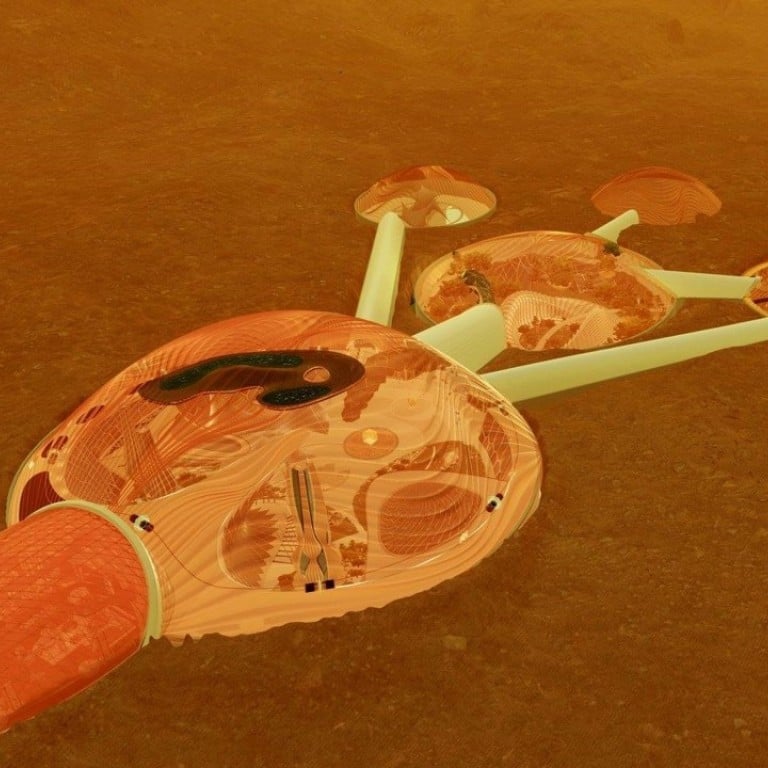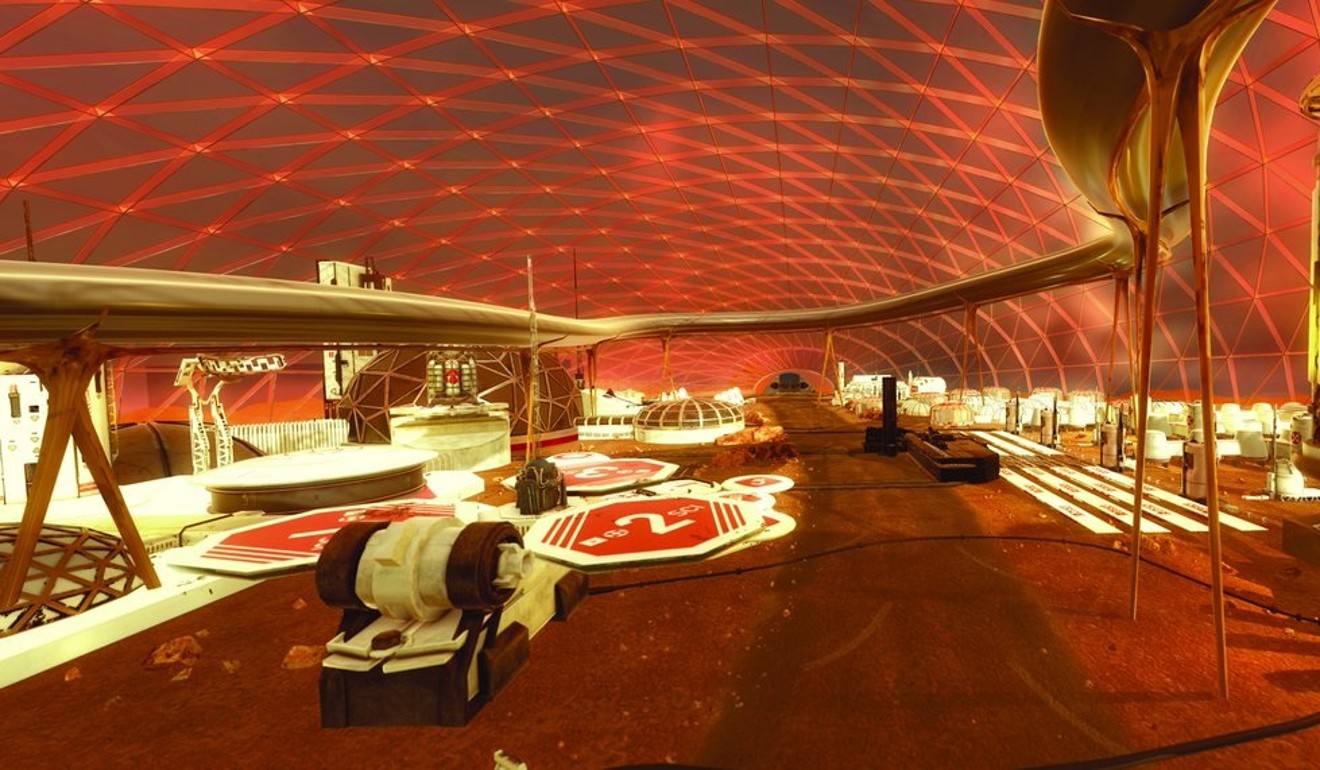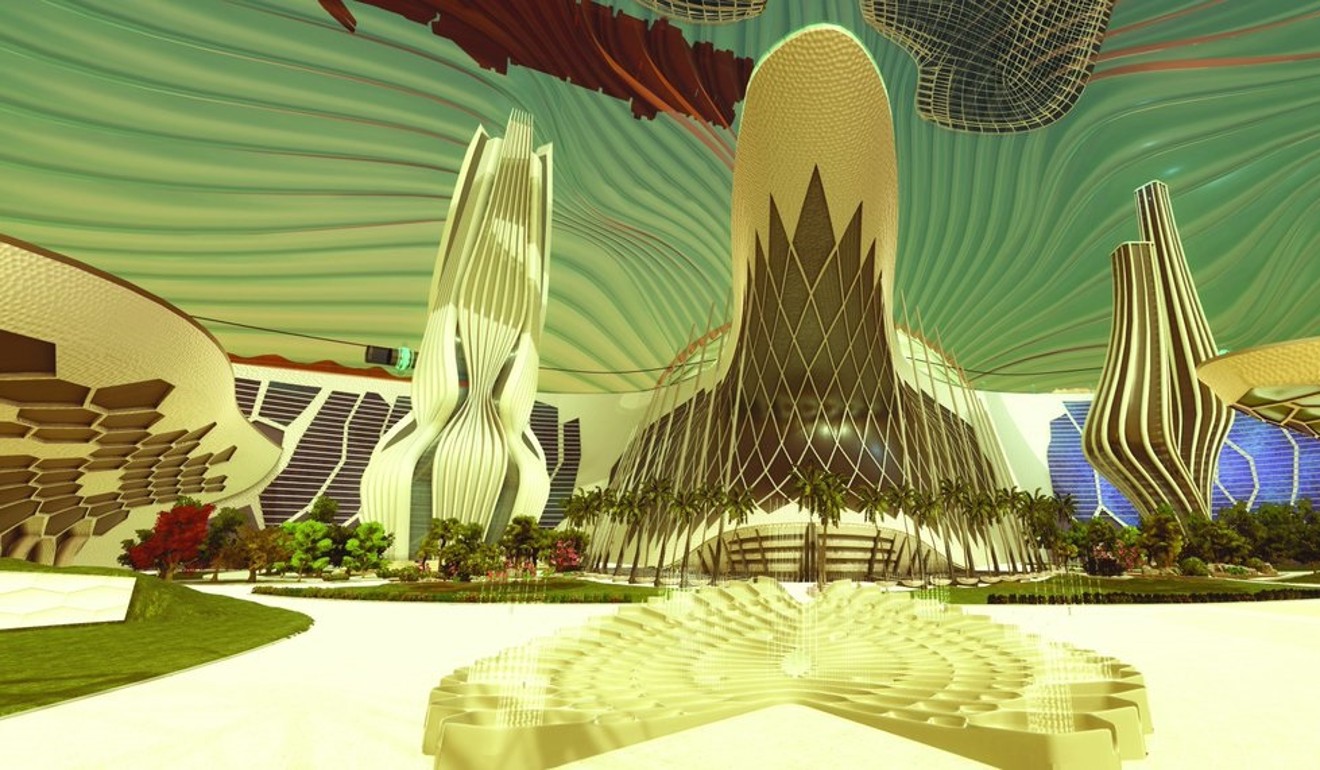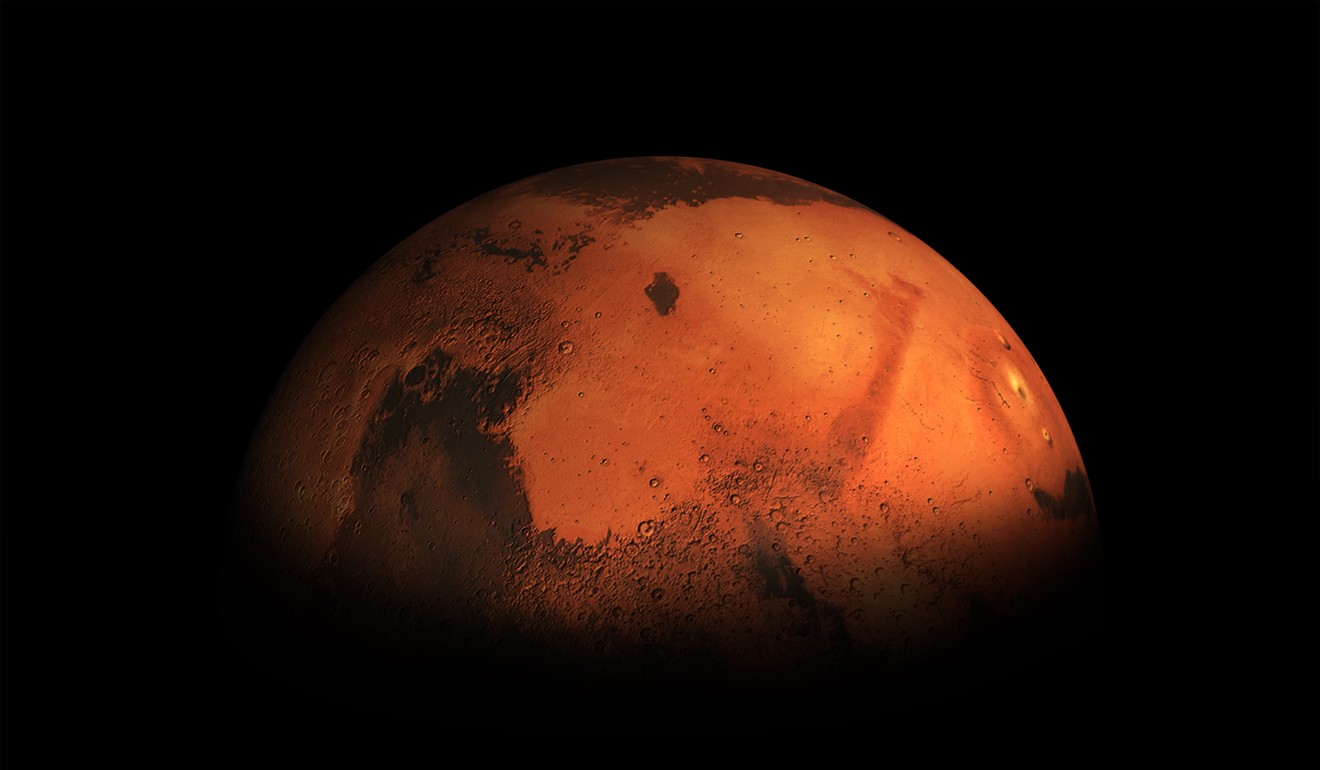
Dubai’s ruler launches incredible 100-year plan to build a city for 600,000 people on Mars
The Mars 2117 project is the most ambitious project yet for the ultra-wealthy United Arab Emirates
On Earth, Dubai boasts the tallest building, the largest artificial island and the biggest shopping mall, which includes an indoor ski resort and a colony of penguins.
Earth, though, has its limits, so the Persian Gulf nation of the United Arab Emirates – of which Dubai is a member – is looking elsewhere.
If all goes as planned, a century from now it will have built a fully functioning city of 600,000 people on Mars.
“We aspire in the coming century to develop science, technology and our youth’s passion for knowledge,” tweeted Dubai’s ruler Sheikh Mohammed bin Rashid al-Maktoum, who is also the UAE’s vice-president and prime minister, when he announced the project – known as “Mars 2117” – this year. “This project is driven by that vision.”
The Emirates has joined an elite club trying to put people on Mars, including the US, China, Russia and a consortium of European nations, along with a private effort by the entrepreneur Elon Musk and his California company SpaceX.

“We see Mars 2117 as a multinational effort, which would set out to create a coalition of equals working together to fulfil a unified objective,” said Saeed Gergawi, programme director of the Mars project.
The proposed settlement doesn’t have a firm name yet, but the City of Wisdom is reportedly one possibility.
The plan, which experts say is plausible with enough investment, reflects an ambition that has long distinguished the nation from many of its Middle Eastern neighbours.

For the Dubai leader, a space programme is as much about the endeavour as it is about the destination.
Maktoum has described the plan to settle people on Mars as part of a broad effort to build a science and technology sector, inspire young people, reduce the country’s economic dependence on oil and reclaim the region’s historical legacy – which dates to the 8th century – as a centre of science and astronomy.
“Mars 2117 is a seed we are sowing today to reap the fruit of new generations led by a passion for science and advancing human knowledge,” he tweeted when he announced the plan.
Colonising Mars is a challenge like no other humankind has ever undertaken.
Just getting there requires travelling more than 34 million miles, a journey that could take nearly nine months. The average temperature there is 81 degrees below zero.
“We know that there will be several key requirements, for clean air, power generation, waste management and other aspects of city management, which we can map from our current cities,” said Gergawi.

Homes could possibly be built from Martian soil using 3-D printing technology, he said. It would be possible to cultivate fruits and vegetables in greenhouses, and some proteins could be grown in laboratories.
The city “would have to be wholly self-sustaining,” Gergawi said.
He said the political system would probably differ from anything currently on Earth.
“Envisaging utopias is all very nice, but we have so far failed to define and operate a perfect society in thousands of years of modern human evolution,” Gergawi said. “Is Mars a chance to restart a new kind of society? Yes, it is.”
It might be tempting to dismiss such talk as space-age fantasy.
But the country has already invested more than $5.4 billion in space technologies, according to the UAE Space Agency, which was created in July 2014 and aims to develop “a world-class national space sector.”
The agency’s first goal is to send an unmanned weather probe called Hope to Mars in time to mark the nation’s 50th birthday in 2021. The University of California, Berkeley, Arizona State University and the University of Colorado at Boulder are assisting on the project.

